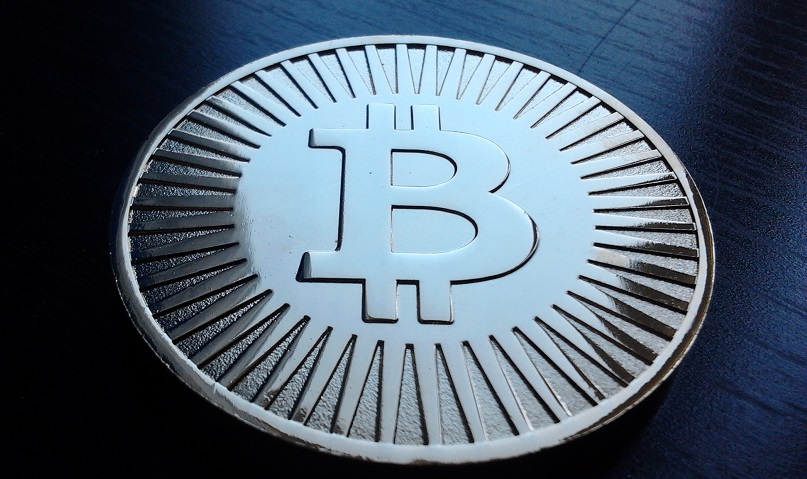Bitcoin is booming. And Bitcoin startups are booming with it. The first quarter of this year saw a record amount of venture capital ploughed into Bitcoin companies globally, with the US$299 million invested taking the all-time total Bitcoin startup funding to US$676 million.
Of course, the State of Bitcoin Q1 2015 report released by CoinDesk is mainly focused on events in the Bitcoin ecosystem globally, drawing particular attention to huge funding rounds for 21 Inc and Coinbase. But the gradual growth of investor interest in Bitcoin does have relevance to Africa, not least given the sizeable round raised in February by African Bitcoin remittance startup BitPesa.
Globally, Bitcoin is on the up. CoinDesk’s figures represent a 51 per cent increase from the end of 2014, with the number of countries that received VC investment in Bitcoin growing from 18 to 22.
Bitcoin is a growing industry in Africa, with the continent’s first Bitcoin conference taking place this week in Cape Town, while Disrupt Africa has previously reported on developments at Ghanaian Bitcoin remittance company Beam. BitPesa has got a lot of attention, but the likes of Igot and BitX are active as well, while Bitcoin ATMs are even appearing.
There is a feeling amongst these companies that Africa is ripe for Bitcoin uptake for a number of reasons. The first, and perhaps most tenuous, is that in the form of mobile money Africans have already proven they are able and willing to adopt alternative means of payments. But alternative forms of payment are adopted for a reason. PayPal is inactive. Credit card penetration in Africa is below three per cent. Bank charges on international payments are high. Most people aren’t banked at all.
The ripeness of the remittance market for disruption is another reason why the likes of BitPesa and Beam are optimistic, and focusing a lot of energies in positioning their products as competitors to Western Union and MoneyGram. With more than 30 million Africans in the diaspora sending home almost US$40 billion per year (an average of US$1,200 per migrant), the market is huge. But the costs of the current incumbents are high. It costs an average of 12.3 per cent to send US$200 home, with annual fees totalling.
Africa’s new breed of Bitcoin startups say they can provide a better alternative to the dominant pair of Western Union and MoneyGram. BitPesa charges three per cent per transaction, well below the average. Beam’s rates are similar. Moreover, the speed of transactions via Bitcoin are faster, and Bitcoin received can immediately be converted into local currency, removing any threat of price fluctuations.
Bitcoin could also play a role in easing the receiving of payments for merchants. South Africa’s PayFast had lead the way in allowing payment via Bitcoin, while Thundafund allows the collection of crowdfunded cash through the cryptocurrency. Once again, the lack of credit card penetration coupled with a willingness for Africans to use alternative means of paying for goods – see SnapScan – could pave the way for greater uptake.
There are obstacles, of course. Bitcoin’s international reputation, tarnished by price fluctuations, the Mt.Gox debacle and prominent thefts could tarnish it in Africa. Internet penetration and a general lack of confidence in online payments could hurt it too, especially when we consider that the much more trusted Hawala networks remain intact. Legislators may also pose a threat. It is fair to say there are those that do not believe Bitcoin will boom in Africa.
Preston J. Byrne, chief operating officer (COO) of Eris Industries believes that though Bitcoin could be part of a possible solution to the problems stated above, it is an imperfect one.
Certain at this point, however, is that there are plenty of people that think Bitcoin itself can be the answer, the likes of Beam and BitPesa prominent amongst them. The proof of whether or not the heightened investor interest will translate into profits will be in the uptake of these Bitcoin payments services. And in that respect, Bitcoin startups are playing a long game, with neither victory nor defeat currently inevitable.


